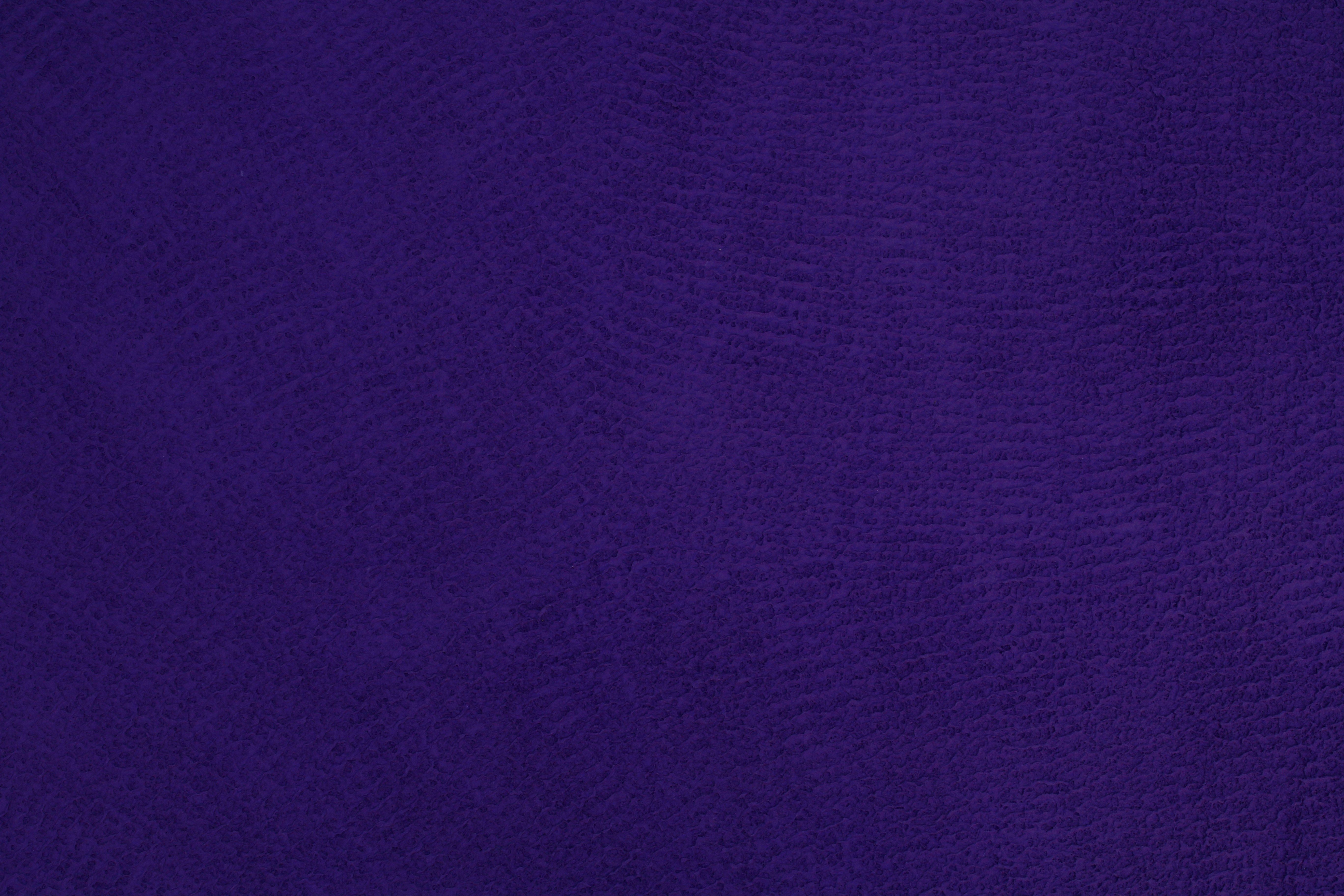Unfiltered Guide to Fiber: The Forgotten Nutrient for Weight Loss and Overall Health
Dietitian clarifies 5 pivotal queries concerning fiber and weight loss management
In the world of weight loss, protein often steals the spotlight. But there's a humble nutrient that often goes unnoticed: fiber. This unsung hero is essential not only for your digestive health but also for overall well-being. And guess what? It just might be the missing piece to your weight loss success puzzle. But can those fiber supplements replace whole foods? Let's dive in and find out.
The internet is filled with high-protein diets and regimens, but have you ever stopped to consider the importance of fiber? Studies reveal that fiber may decrease LDL cholesterol, lower blood pressure, and protect against heart disease. Newer research even suggests that it promotes weight loss and enhances insulin sensitivity! Yet, statistics show that less than 5% of Americans meet their recommended daily fiber intake. So, how do we up our fiber game?
On today's episode of In Conversation, we put burning questions to rest, such as: What is fiber, and why is it important for our bodies? How can we tell if we're consuming enough fiber? Is fiber our very own natural Ozempic? Join us as we explore the world of fiber, spill the beans on soluble vs. insoluble fiber, and gauge the ideal daily intake for various individuals. We'll also take a peek at how fiber supplements like psyllium husk stack up against whole foods when it comes to our well-being. Plus, we'll delve into fiber's pivotal role in combating insulin resistance and support for managing weight loss goals.
We're thrilled to be joined by registered dietitian Lisa Valente, MS, RD, who holds a Master of Science in Nutrition Communications from the Friedman School of Nutrition Science and Policy at Tufts University. After completing her dietetic internship at Massachusetts General Hospital, she's here to share her wealth of knowledge with us.
Favorite Fiber-Rich Foods from our registered dietitian
Post-podcast recording, we asked Lisa to spill the beans on her top fiber picks. "Frozen berries are my first choice. They're higher in fiber for a fruit, plus they're more affordable and easily stored. You can add them to smoothies, oatmeal, or yogurt," she said.
Her second pick goes to whole wheat pasta. "Brown rice has one gram more fiber than white rice, but whole wheat pasta has significantly more than white pasta. It creates a fiber-rich carbohydrate base that can help you add vegetables or protein to your dinner," she noted.
Lastly, Lisa raves about chia seeds, which she sprinkles on oatmeal or uses in chia seed pudding, adding a dash of fruit. "They're filling, provide fiber, offer omega-3s, and a touch of protein. So, they're a tiny but mighty powerhouse that helps you check off several nutritional boxes at once," she explained.
Listen to our podcast in full below or on your preferred streaming platform. Our podcast has been nominated in two categories - Best Health, Wellbeing & Food Podcast and the Best Science & Medical Podcast - at this year's Publisher Podcast Summit and Awards. If you'd like to hear more episodes, including the two that were nominated, head to Spotify or this page.
Enrichment Insights:
The numerous benefits of fiber
- Reduced Calorie Intake: Fiber helps you feel fuller for longer, leading to consuming fewer calories.
- Blood Sugar Stabilization: Fiber helps stabilize blood sugar levels, which supports weight management.
- Altered Gut Flora: Fiber influences the composition of gut bacteria, potentially aiding in weight loss.
- Reduced Calorie Absorption: Fiber can decrease the absorption of calories from food.
- Improved Digestion: Fiber aids in regular bowel movements and prevents constipation.
- Heart Health: Fiber can help lower cholesterol levels, supporting heart health.
- Reduced Cancer Risk: A diet high in fiber may lower the risk of certain cancers.
The trade-offs of fiber supplements vs. whole foods
While fiber supplements can support weight loss, they're generally not as effective as getting fiber from whole foods. Whole foods provide a more comprehensive range of nutrients and fiber types (soluble and insoluble) than supplements alone.
Fiber in Whole Foods
- Broad Nutrient Profile: Whole foods offer a range of nutrients along with fiber, such as vitamins, minerals, and antioxidants.
- Better Absorption: The body may absorb natural fiber in whole foods more easily compared to supplements.
Role of Fiber Supplements
- Convenience: Supplements are useful for those who struggle to meet their daily fiber intake through diet alone.
- Targeted Benefits: Some supplements may target specific benefits like improved digestion or enhanced satiety.
In summary, while fiber supplements can be helpful, they should not replace whole foods entirely. A balanced diet that includes a variety of fiber-rich foods is generally more effective for overall health and weight management.
- Protein may be popular in the world of weight loss, but fiber, a less recognized nutrient, plays a crucial role in digestive health and overall well-being, potentially being the missing piece to one's weight loss success puzzle.
- Studies suggest that fiber can decrease LDL cholesterol, lower blood pressure, protect against heart disease, promote weight loss, and enhance insulin sensitivity, yet less than 5% of Americans meet their recommended daily fiber intake.
- Lisa Valente, a registered dietitian, highlights frozen berries, whole wheat pasta, and chia seeds as her top fiber-rich food picks, praising them for their fiber content, omega-3s, and ability to check off several nutritional boxes at once.
- Fiber supplements can support weight loss, but they're generally not as effective as getting fiber from whole foods due to the comprehensive range of nutrients and fiber types found in whole foods.
- A balanced diet that includes a variety of fiber-rich foods like frozen berries, whole wheat pasta, and chia seeds offers a range of nutrients, is easily absorbed by the body, and is more effective for overall health and weight management.
- Fiber, abundant in whole foods, offers numerous benefits, including reduced calorie intake, blood sugar stabilization, altered gut flora, reduced calorie absorption, improved digestion, heart health, and reduced cancer risk.







